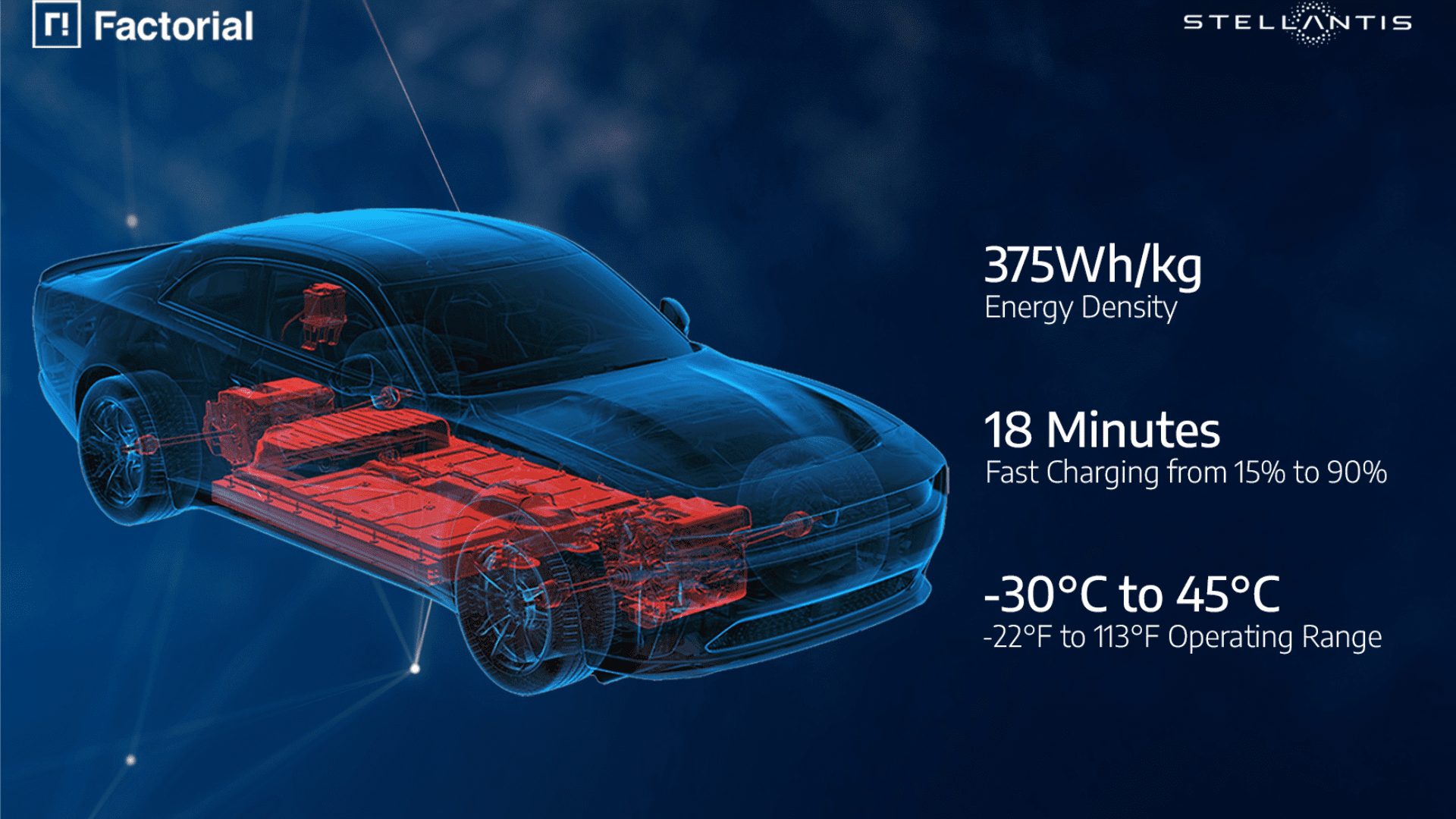Snooker is a popular English sport that has seen its fair share of characters over the years, from the flamboyance of Ronnie O’Sullivan to the pragmatism of Peter Ebdon. Both are former world champions, which proves there’s more than one way to thrive on the green baize, and it’s those varying personal qualities that serve up some of the sport’s most tantalizing matches.
However, what if you took the ‘humanity’ out of snooker altogether? One project hopes to do that by building the first robot to conquer the sport.
Machine Learning
O’Sullivan once said that you have to ‘be a robot’ to be successful in snooker, and he should know. The man known as ‘the Rocket’ has won seven world titles—an eighth would make him the most decorated champion of the modern era.
He’s currently the +500 favorite in the outright markets, for those that bet on snooker, to win that elusive eighth World Championship in 2024. Although O’Sullivan will face stiff competition from the likes of Mark Selby (+500), Judd Trump (+700), Neil Robertson (+750), and defending champion Luca Brecel (+1200).
Luca Brecel becomes the first world snooker champion from mainland Europe pic.twitter.com/ECVNIKu4gb
— CNN (@CNN) May 4, 2023
When O’Sullivan was talking about robots, he was referring to the game of the naturally talented—but sometimes too gung-ho—Jack Lisowski, whose attacking approach can sometimes leave him vulnerable to missed opportunities. By being more robotic, the Rocket believes, the left-hander could cut out some of the costly errors that dog his play.
O’Sullivan certainly wasn’t referring to an actual snooker-playing robot, but that’s exactly what one fan of the sport from Poland is attempting to build.
Robot Pot
Vlad Belko, a technology graduate, is a big fan of snooker and is in the midst of a project to build a robot that can take on an opponent on the green baize. With words that could send shivers through the sport, he told World Snooker that “…once programming and technical development reach their final form, our robots will be able to beat all the champions of the modern game.”
Other machines have been built already that can pot a ball or two, but those have required human input to line up the robot with the shot and then apply the right amount of speed to the cueball to make the pot.
Building a machine that can play elite-level snooker autonomously, with the AI to both make pots and master the positional side of the game (that is, putting the white ball in the right place on the table to make the next pot), will take some doing—that would require the bot to think independently and creatively, which is still very much the next generation of machine learning.
But a robot would have one significant advantage over its human opponents: it wouldn’t be constricted by the emotions of missing a pot or playing a bad shot, nor would it be prone to the feelings of nerves and pressure that even top players face.
That would certainly hand a bot an advantage at the Crucible Theatre, the iconic and claustrophobic venue that hosts the highly-pressurized World Championship. Could we one day see a robot lift the famous trophy there?







